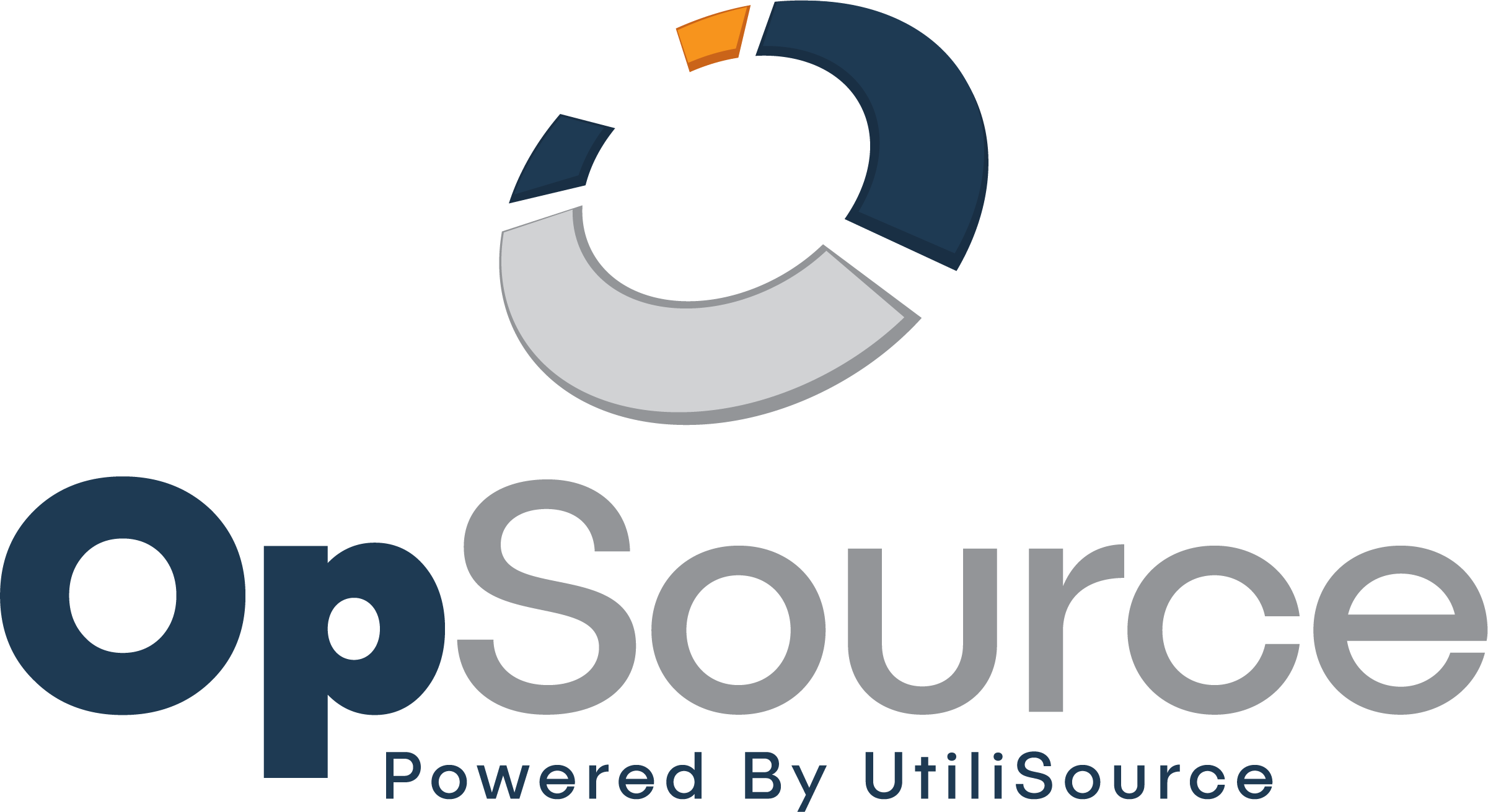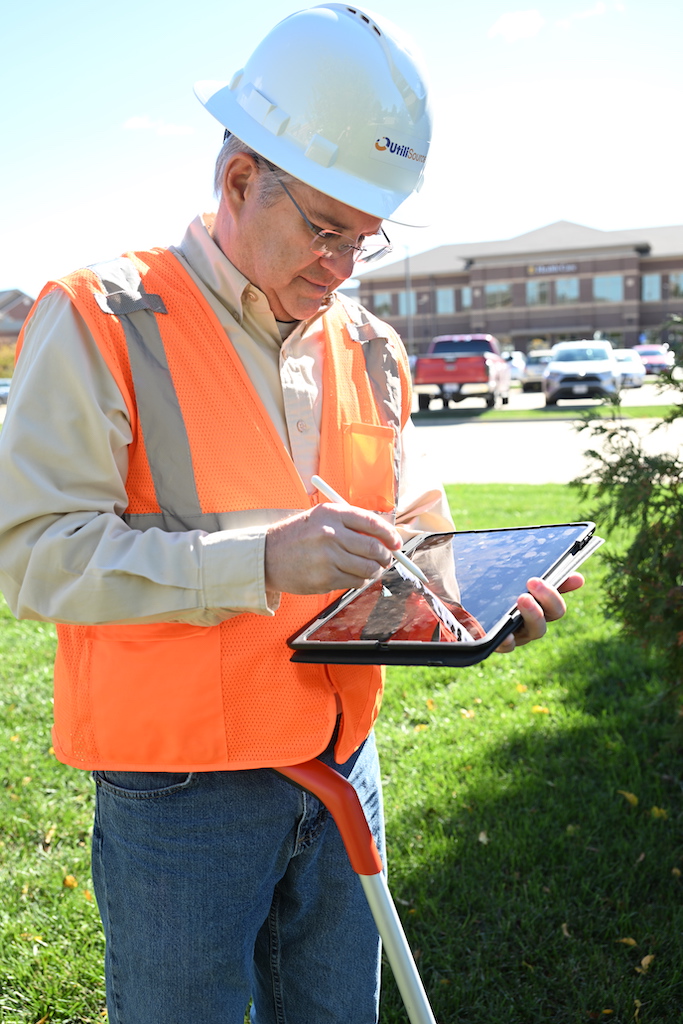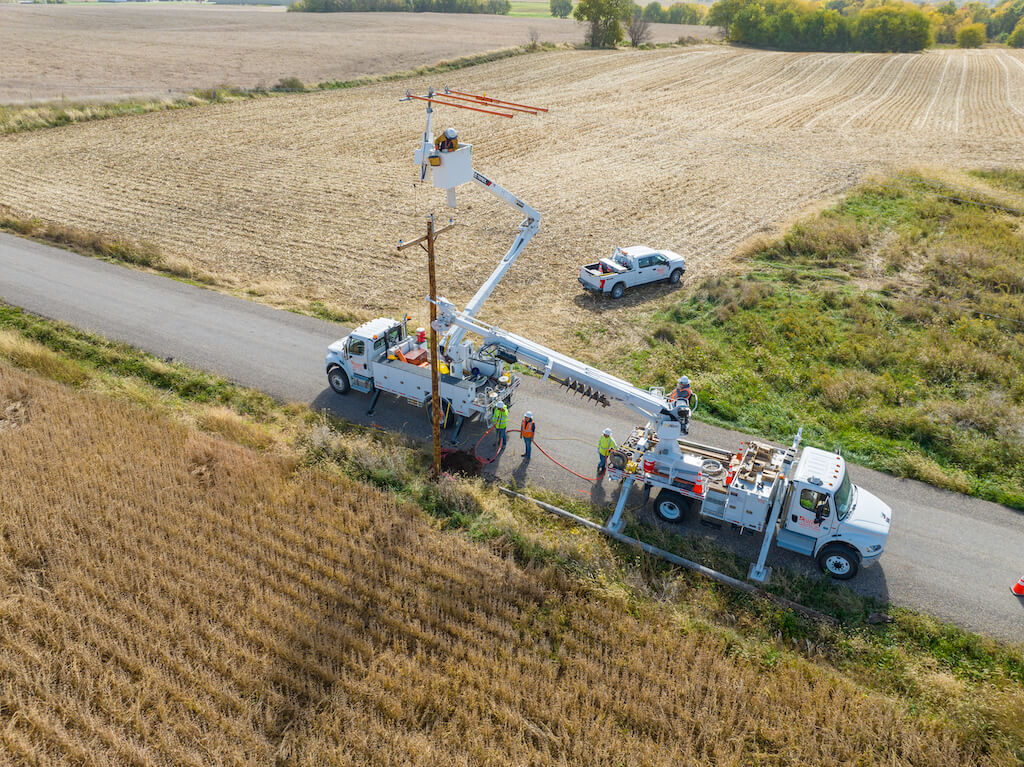The role of a utility engineer is critical in ensuring the efficient design, operation, and maintenance of utility systems. This article explores the responsibilities and tasks commonly associated with utility engineering, shedding light on the vital contributions these professionals make to the infrastructure that supports our daily lives.
Understanding Utility Engineering
Utility engineering encompasses a broad range of disciplines and specialties focused on the planning, design, construction, operation, and maintenance of utility systems. These systems include water supply, wastewater management, stormwater drainage, gas distribution, electrical power, telecommunications, and more.
Responsibilities of a Utility Engineer
Planning and Design
Utility engineers are responsible for planning and designing utility systems to meet the needs of communities, businesses, and industries. This includes conducting feasibility studies, analyzing data, developing engineering plans, and selecting appropriate technologies and materials for infrastructure projects.
Construction and Implementation
Utility engineers oversee the construction and implementation of utility projects, ensuring that designs are executed according to specifications, codes, and standards. They collaborate with contractors, subcontractors, and regulatory agencies to coordinate project activities, monitor progress, and resolve any issues that arise during construction.
Operation and Maintenance
Once utility systems are constructed, utility engineers are tasked with their operation and maintenance to ensure reliable and efficient performance. This involves monitoring system operations, conducting inspections, troubleshooting problems, and implementing preventive maintenance measures to prolong the lifespan of infrastructure assets.
Skills and Qualifications
Technical Expertise
Utility engineers possess a strong foundation in engineering principles and practices related to their specific discipline, such as civil, mechanical, electrical, or environmental engineering. They are proficient in utilizing engineering software and tools to analyze data, simulate system behavior, and optimize designs.
Communication and Collaboration
Effective communication and collaboration skills are essential for utility engineers to interact with stakeholders, including clients, regulatory agencies, project teams, and the public. They must convey technical information clearly and concisely, negotiate agreements, and build consensus among diverse groups.
Problem-Solving and Decision-Making
Utility engineers encounter complex challenges and decisions in their daily work, requiring strong problem-solving and decision-making skills. They must assess risks, evaluate alternatives, and implement solutions that balance technical, economic, environmental, and social considerations.
Utilizing Opsource in Utility System Planning and Design
Let’s say a utility engineer is tasked with designing a new water distribution system to serve a rapidly growing community. Using Opsource, the engineer has access to a comprehensive suite of tools and features specifically tailored for their project.
Opsource’s cloud-based platform allows the engineer to collaborate with project stakeholders, such as municipal officials, regulatory agencies, and environmental consultants, in real-time. Through Opsource, the engineer can share project plans, collect feedback, and make revisions collaboratively, ensuring alignment with project objectives and regulatory requirements.
Additionally, Opsource provides access to advanced modeling and simulation tools that enable the engineer to analyze various design scenarios, evaluate system performance under different conditions, and optimize design parameters for efficiency and reliability.
By leveraging Opsource in the planning and design phase, the utility engineer can streamline workflows, enhance communication and collaboration, and ultimately deliver a cost-effective and sustainable utility system that meets the needs of the community.



